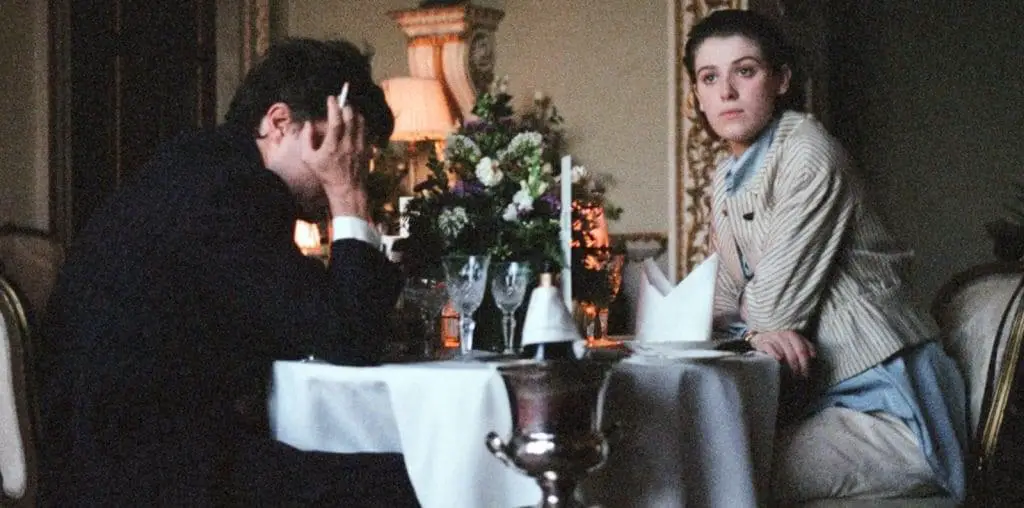
Laurence Olivier’s performance as Othello has always polarized critics. Some praise the actor’s deep, rich daring to take the role to uncomfortable emotional extremes, while others claim his use of blackface make-up as an example of minstrel show theatrics.
Viewed today, a critical appreciatio of Olivier’s Othello clearly confirms both schools are correct. Yes, his tragic Moor is a startling creation: emotionally impulsive, almost immature, and driven to animalistic madness as his jealousy perverts his military sense of order and drives him into homicidal madness.
But at the same time, there’s no getting around that we’re watching Olivier in blackface. His Moor is not the North African chieftain, but rather a sub-Sahara African with a deep vocal range that bears more than a passing resemblance to Paul Robeson (I don’t know if Olivier ever saw Robeson’s stage Othello, but the vocal similarities are hard not to notice). Of course, the camera magnifies the uncomfortable and politically incorrect nature of the make-up, and it is difficult not to question whether his over-the-top interpretation is meant to be a stereotypical slur against Africans.
But for better or worse, Olivier is the main reason people recall this 1965 filmed record of the celebrated National Theatre of Great Britain stage production. Yet there is more to the film than Olivier in blackface.
Stuart Burge’s cinematic adaptation maintains the theatrically minimalist sets of the stage version, yet employs a rich and fiery art direction that is beautifully framed across the rectangular extremes of the Panavision wide screen (kudos to cinematographery Geoffrey Unsworth). It is an intelligent and audacious experiment in filmmaking – falling somewhere between a filmed play and an actual motion picture – and the wonderful scene blocking and crisp editing keeps the action moving at a crisp pace (no mean feat for a 160 minute movie).
There are also two wonderful performances that stand out here: Maggie Smith as Desdemona and Joyce Redman as Emilia. Smith, long before she was stuck in dizzy bohemian roles, brings both beauty and class to her performance – perhaps she brought too much, as Olivier famously declared he would never work with her again because he felt she stole the film. And Redman, an elusive screen presence best known for “Tom Jones,” brings the film to an explosive conclusion in her soliloquy denouncing the treachery that drove Othello to tragic ends. Contrary to what Olivier felt, Redman steals the film.
Alas, the film suffers with Frank Finlay’s Iago. Whereas Olivier overly externalizes Othello’s grief, Finlay internalizes Iago’s malice. We never quite have an idea what is driving him, as he literally epitomizes the banality of evil by projecting too much serenity while stirring his malignancy. Yet Finlay doesn’t offer the emotional heft to bring any sense of mystery to Iago’s jealousy – he seems more like a nasty little man instead of the embodiment of evil.
Even with its imperfections and politically incorrect presentation, “Othello” is a memorable achievement. Shakespeare lovers are advised to seek this one out.
